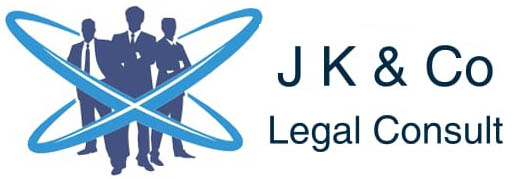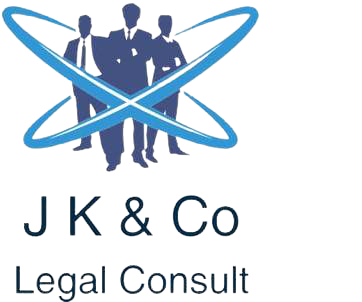As an EEA or Swiss national, you have the right to live and work in the UK (known as the ‘right of residence’) if:
- you are working here (and have obtained permission to work if this is required – see below); or
- you can support yourself and your family in the UK without becoming an unreasonable burden on public funds.
Entering the UK
When you enter the UK, you must show your passport or national identity card. You should use the separate channel marked ‘EEA/EU’, where it is available. Immigration officers will check your passport or national identity card to ensure that it is valid and belongs to you.
Your Family
If you have a right to live the in the UK, your family may join you here. Your family is defined as:
- your spouse (husband or wife) or civil partner;
- any children or grandchildren of you, your spouse or your civil partner who are under 21 years of age or who are dependent on you; and
- the parents or grandparents of you, your spouse or your civil partner.
If you are a student, only your spouse or civil partner and dependent children have a right of residence.
Other relatives (including extended family members such as brothers, sisters and cousins) do not have an automatic right to live in the UK. To be considered, they must be able to show that they are dependent on you.
If you and your partner are not married or in a civil partnership, you must be able to show that you are in a durable relationship with each other.
Family Members Who Are Not EEA or Swiss Nationals
If your family members are not EEA or Swiss nationals, they may need to apply for an EEA family permit before they can come to the UK.
Working in the UK
If you are a national of an EEA country or Switzerland, you do not need to apply for permission to work here.
You can:
- seek and accept offers of work;
- work as an employee and/or in self-employment;
- set up a business;
- manage a company;
- set up a local branch of a company.
If you are a national of Croatia, you may need to obtain our permission before you commence employment here. .
Registration Certificates, Residence Cards and Family Member Residence Stamps
A registration certificate is a document, issued to an EEA national that confirms the holder’s right of residence under European law.
Residence cards are issued to the family members of EEA nationals who are not EEA nationals themselves.
The ‘card’ is a sticker (also called a ‘vignette’), placed in your passport, which confirms your right of residence in the UK under European law. It is normally valid for 5 years, and you should produce it as evidence of your status when asked to do so. In some circumstances the Home Office may issue you with an immigration status document instead of a vignette in your passport.
Permanent Residence
When you have lived in the UK for a continuous period of 5 years, you can apply for confirmation of permanent residence.
Posted Workers
If you are a Swiss national or Swiss company that conducts business in the UK, you may send non-EEA or non-Swiss national employees to work for you in the UK for up to 90 days without needing to apply for a work permit. Those employees must have been working for you in Switzerland or in an EEA member state for a reasonable period of time. Your non-EEA or non-Swiss national employees will need to apply for posted workers authorisation.
Public Funds
You do not need to work while you are living in the UK. But if you do not work, you must be able to support yourself and your family in the UK without becoming an unreasonable burden on public funds.
Healthcare
If you are an EEA national in the UK as a student or as a self-sufficient person you must have comprehensive sickness insurance for the duration of your stay in the UK.



